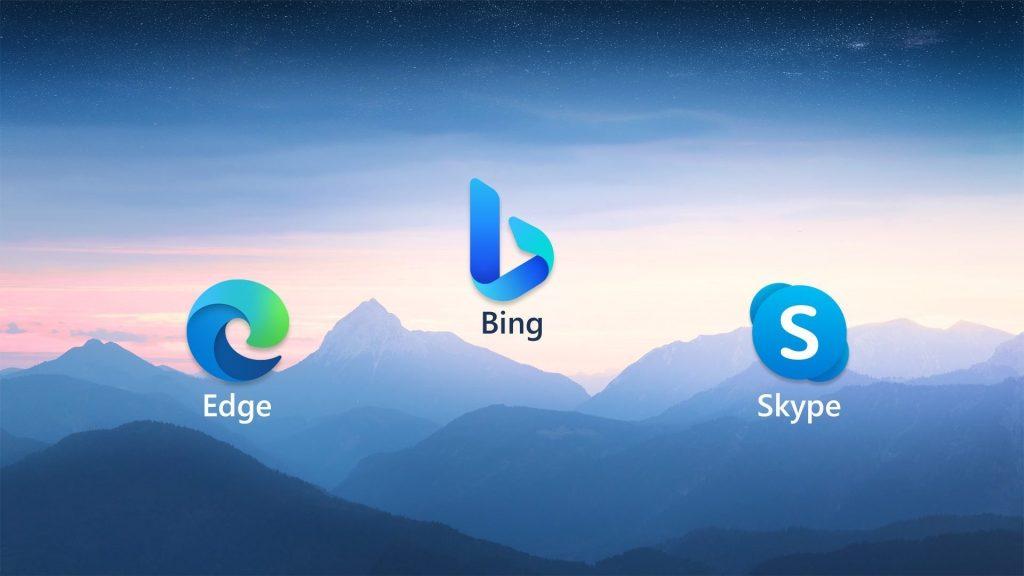On Monday, Google announced it will retain third-party cookies in its Chrome browser, reversing its earlier commitment to phase them out. The shift comes in response to concerns from advertisers, who argued that eliminating cookies from the world’s most popular browser would limit their ability to gather data for personalized ads, making them reliant on Google’s user databases.
The UK’s Competition and Markets Authority also scrutinized Google’s plan, raising concerns that it could hinder competition in digital advertising.
Anthony Chavez, vice president of the Google-backed Privacy Sandbox initiative, explained in a blog post that instead of removing third-party cookies, Google will introduce a new feature in Chrome allowing users to make informed choices about their web browsing and adjust those choices as needed.
Since 2019, Alphabet’s Privacy Sandbox initiative has aimed to enhance online privacy while supporting digital businesses, with one of its key goals being the phase-out of third-party cookies. Cookies are small pieces of data that allow websites and advertisers to track users’ browsing habits, but they can also enable unwanted surveillance.
In the European Union, the use of cookies is regulated by the General Data Protection Regulation (GDPR), which requires explicit consent from users before cookies can be stored. Major browsers also offer the option to delete cookies on demand.
Chavez noted that Google is collaborating with regulators like the UK’s CMA and Information Commissioner’s Office, as well as with publishers and privacy groups, on the new approach while continuing to invest in the Privacy Sandbox program.













